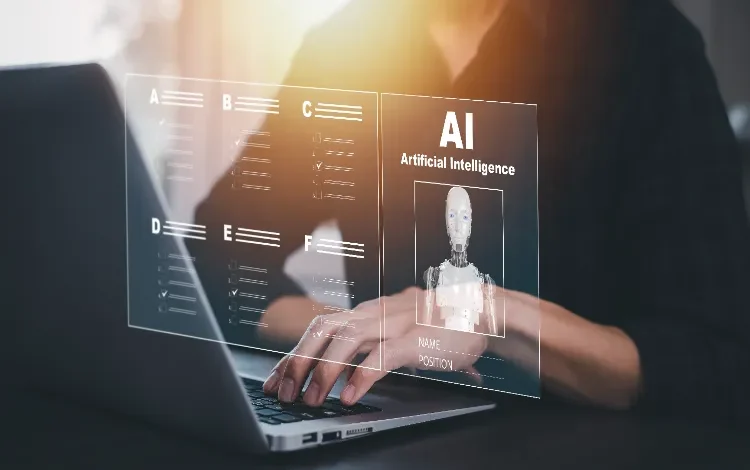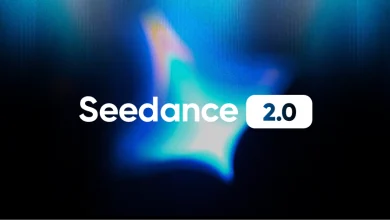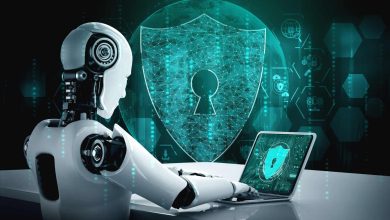
A New Era of Hiring
Remote work has permanently reshaped how businesses operate. What started as a necessity during global disruptions has now become a preferred model for many organizations. With that shift, talent acquisition had to adapt as well. Traditional hiring methods where managers relied on face-to-face interviews, resumes, and gut instincts are no longer enough to evaluate candidates spread across the world. This is where artificial intelligence (AI) has stepped in, offering more efficient, accurate, and scalable ways to connect companies with top talent, regardless of geography.
AI is not just a supporting tool in recruitment; it is transforming the entire ecosystem of remote hiring. By integrating machine learning, natural language processing, and predictive analytics, companies are able to refine the way they identify, evaluate, and retain employees. This isn’t about replacing human decision-making it’s about empowering it with insights that go deeper than any recruiter could on their own.
Smarter Candidate Discovery
Finding the right person for a role has always been one of the most time-consuming steps in recruitment. Job boards, online applications, and social media channels create an endless flow of resumes, many of which aren’t aligned with the role. AI-driven platforms now automate this filtering process, identifying candidates who not only meet the technical requirements but also align with the company’s culture and long-term goals.
Instead of recruiters manually scanning hundreds of CVs, AI can instantly recognize patterns in successful hires and use that data to surface candidates who share those qualities. This reduces time-to-hire significantly and ensures that promising applicants are not lost in the noise. For remote positions, where applications come in from all over the world, this level of precision is invaluable.
Redefining Assessments with AI
When teams cannot meet candidates face-to-face, assessments become even more crucial. AI enhances these evaluations by going beyond standard questionnaires. Video interviews, for example, can now be analyzed with natural language processing to understand communication skills, clarity of thought, and even subtle markers of confidence or adaptability.
Some systems use gamified assessments powered by AI to measure problem-solving skills, critical thinking, and creativity in ways that feel more natural to candidates than traditional tests. By combining structured results with behavioral data, companies gain a multi-dimensional view of a candidate’s potential. This helps reduce bias as well, since AI focuses on measurable indicators rather than superficial details that might unconsciously influence human recruiters.
Bridging Human and Machine Insights
Of course, recruitment is still deeply human. Building a team requires emotional intelligence, empathy, and an understanding of interpersonal dynamics qualities that AI cannot replicate. However, when paired with advanced tools, recruiters can make far more informed choices. Instead of spending energy on repetitive administrative tasks, they can focus on strategic conversations with candidates and hiring managers.
This balance between machine-driven insights and human judgment is at the heart of the transformation. Recruiters gain the freedom to spend more time nurturing relationships, while AI ensures the data and analysis behind decisions are sound. It creates a partnership that raises the standard of hiring across industries.
Addressing Bias and Building Fairness
One of the most important promises of AI in hiring is the ability to reduce bias. Traditional recruitment methods are often influenced by unconscious prejudices related to gender, race, age, or educational background. AI systems, when trained correctly, can anonymize applications and focus solely on skills, performance indicators, and cultural fit.
While no system is entirely free from bias since algorithms reflect the data they are trained on the continuous refinement of AI models allows organizations to actively work toward fairer hiring practices. This is particularly impactful for remote hiring, where candidates from different cultural and social backgrounds are applying for the same positions.
The Role of Platforms in Scaling Remote Recruitment
As remote hiring grows, so does the need for platforms that integrate AI seamlessly into the recruitment process. Modern solutions bring together candidate sourcing, video interviews, automated assessments, and onboarding tools into one place. Businesses looking to build distributed teams can rely on these technologies to keep the hiring pipeline efficient and transparent.
For companies that want to stay competitive, the challenge isn’t just finding talent but creating an experience that attracts the right people. Candidates today expect smooth, tech-enabled processes that reflect the forward-thinking nature of the organizations they want to join. This is why platforms like Connect are essential offering businesses the ability to streamline remote talent acquisition while giving candidates a modern and fair experience.
Enhancing Employee Retention
The influence of AI doesn’t stop once a candidate is hired. Predictive analytics can help companies understand which employees are at risk of leaving and what interventions might help retain them. AI tools can monitor employee engagement, analyze feedback, and even suggest personalized career development opportunities. For remote teams, where maintaining culture and morale is more challenging, this creates a powerful advantage.
By identifying patterns that lead to disengagement, businesses can address issues proactively instead of reacting after an employee decides to leave. This not only saves costs but also strengthens team cohesion in a distributed environment.
Looking Ahead: AI as a Strategic Partner
The future of remote talent selection is clear AI will continue to play a central role, but always alongside human expertise. As the technology evolves, it will become even better at understanding nuances in communication, predicting long-term performance, and supporting inclusion across global hiring.
Organizations that embrace these tools will not only find better candidates faster but also create stronger, more resilient teams. Those that resist risk being left behind in a world where speed, accuracy, and fairness are essential. The question is no longer whether AI will transform recruitment it already has. The real question is how businesses choose to integrate it into their strategies moving forward.
Final Thoughts
Artificial intelligence has shifted remote hiring from a reactive process into a proactive strategy. It allows companies to identify talent more effectively, assess candidates more fairly, and retain employees through data-driven insights. At the same time, it gives recruiters more space to focus on what humans do best: building relationships, fostering trust, and creating workplaces where people can thrive.
As we look ahead, the synergy between AI and human recruiters will define the future of work. By leveraging the best of both, businesses can unlock the full potential of a global workforce and ensure that remote hiring is not just efficient, but also equitable and transformative.




